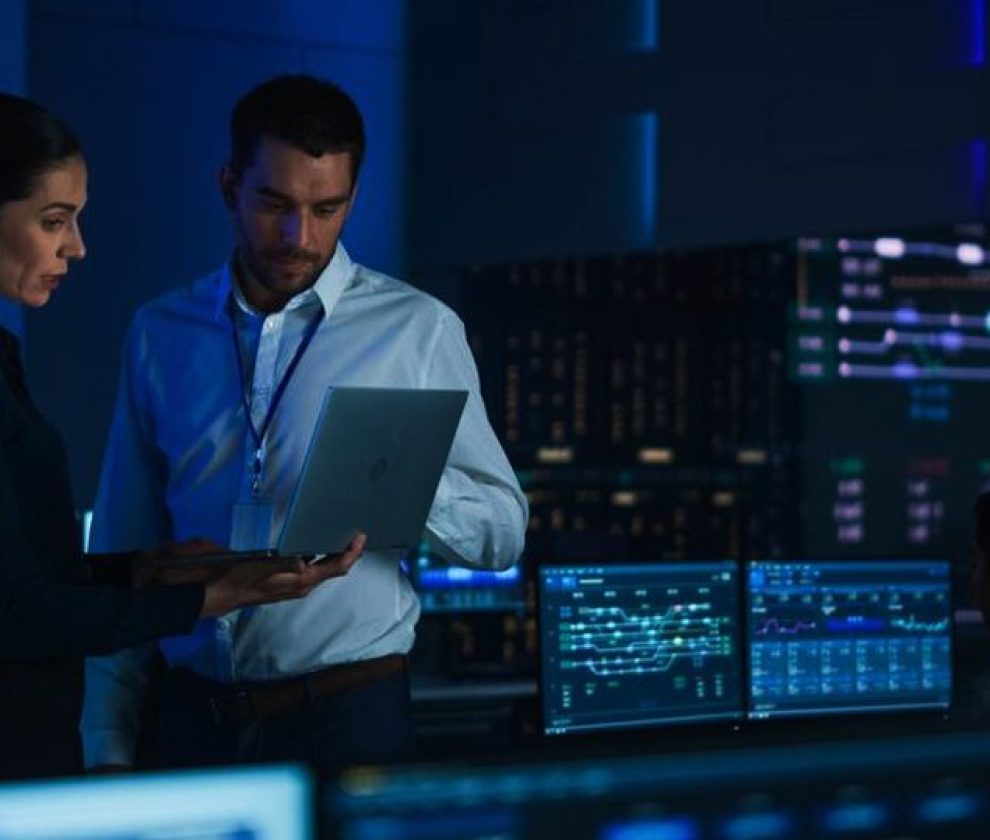In today’s rapidly evolving industrial landscape, technology plays a pivotal role in shaping the way laboratories operate and deliver results. From enhancing efficiency and accuracy to enabling innovation and compliance, technology has become indispensable in modern industrial labs. In this blog post, we’ll delve into the various facets of technology’s role in these laboratories.
Automation for Increased Efficiency
Automation has revolutionized industrial labs by streamlining processes, reducing manual errors, and saving valuable time. Automated systems can handle repetitive tasks such as sample preparation, data collection, and analysis, allowing lab personnel to focus on more complex and creative aspects of their work.
Precision Instrumentation
Cutting-edge instrumentation is at the heart of modern industrial labs. High-precision devices and analytical instruments enable researchers to obtain more accurate and reliable results. Whether it’s advanced spectroscopy, chromatography, or mass spectrometry, these tools empower scientists to conduct intricate analyses with confidence.
IoT and Data Connectivity
The Internet of Things (IoT) has opened up new possibilities for industrial labs. Instruments and equipment can now be connected to a central system, allowing real-time monitoring and data collection. This connectivity enhances data accuracy and enables scientists to respond promptly to any anomalies or deviations in experiments.
Big Data and Analytics
The sheer volume of data generated in industrial labs is immense. Advanced analytics and big data techniques are essential for making sense of this information. They help researchers identify trends, correlations, and hidden insights that might otherwise go unnoticed. Predictive analytics can even assist in forecasting experimental outcomes.
Remote Monitoring and Collaboration
Technology facilitates remote monitoring and collaboration in industrial labs. Researchers can access lab equipment and data from anywhere, enabling global collaborations and enhancing productivity. This capability proved especially vital during the COVID-19 pandemic when remote work became a necessity.
Compliance and Quality Assurance
Technology aids in ensuring that industrial labs adhere to strict regulatory standards and quality control measures. Electronic record-keeping systems, automated audit trails, and compliance software help maintain traceability and transparency in lab operations.
Innovation and R&D
Modern industrial labs are hubs of innovation. Technology accelerates research and development by providing tools for simulation, modeling, and virtual experimentation. This reduces the time and cost required to bring new products and processes to market.
Sustainability and Green Labs
Environmental concerns have led to the development of green lab initiatives. Technology plays a role in reducing energy consumption, waste generation, and the carbon footprint of industrial labs. Innovations such as energy-efficient equipment and eco-friendly lab materials contribute to sustainability.
In conclusion, technology is the driving force behind the transformation of industrial laboratories into efficient, data-driven, and innovative spaces. As the pace of technological advancement continues, industrial labs must adapt and embrace these innovations to stay competitive, compliant, and at the forefront of scientific discovery and industrial progress. Embracing technology is not just an option but a necessity for modern industrial labs aiming to thrive in the 21st century.



